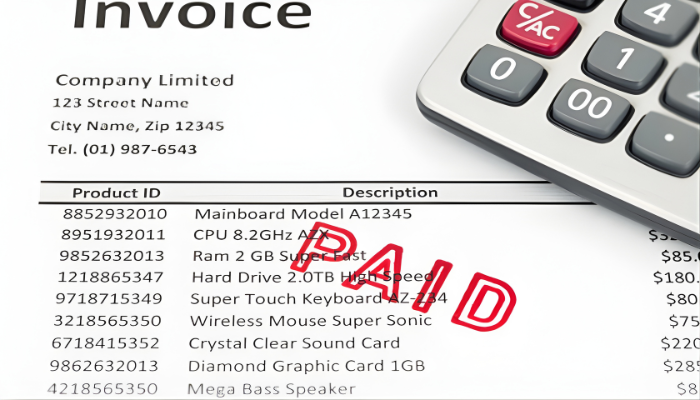There are a number of traps and pitfalls which constantly present themselves to small business owners attempting to get their ventures off the ground. Luckily, savvy entrepreneurs can sidestep these hazards if they act responsibly and do their homework. While Richard Branson or Mark Cuban may no longer have to deal with many of these particular factors, it’s imperative that burgeoning young upstarts mind their every action and financing services available to them. One false move could send your promising small business straight down the tubes!
For instance, the current economic climate has rendered it quite difficult for many unproven business heads to establish financial footing for their venture. In fact, a few poor financial judgment calls can really sink your chances of ever succeeding. If you play your cards right, however, there are a number of proven techniques which have been shown to help folks build credit for their small business. Browse the following section, and learn of some of these time-tested methods.
Establish a Business Entity
On a purely fundamental level, the most effective method to build business credit is to incorporate as soon as possible. If your business remains in your name for an extended period of time, personal credit history can start to taint the small business at large. When it comes to small business funding, lenders generally feel more comfortable providing capital to corporations and LLCs than individuals, and will often grant businesses 10 times more funding. In many cases, sole proprietors aren’t even permitted to receive business credit, as this would technically fall under the personal loan distinction.
Apply for a Business Bank Account and Credit Card
It’s imperative that you establish a business checking account in the legal name of your actual company. Once the account has been activated, be sure to pay for all business expenses utilizing this source. If you ultimately select to obtain a business credit card as well, it’s highly suggested that you pay off the corresponding bill from the same checking account. Demonstrate a clean track record of transactions, and your business bank account will reflect a cash flow that’s capable of shouldering business debt. Keep in mind; an idyllic daily balance for your account will depend on the specific sort of business you operate.
Never Mix Business and Personal Spending
While the sentiment should really go without saying, a shocking amount of business owners violate this one simple rule. Believe it or not, a recent report conducted by the Small Business Administration showed that over half of all business heads used personal credit cards for their company purchases; less than 50 percent of these same owners retained a credit card in the business name. It’s next to impossible to develop a positive credit rating if you use your personal business cards to finance your company spending.
Pay Your Bills!
Again, this rather obvious rule is violated more often than one might think. Though the current economic climate can make it difficult to keep ahead of your required bill payments, this factor is paramount in the eventual success of your business. Always be sure to pay all bills in a timely manner or even ahead of time if possible.
It’s important to note that on-time payments can actually account for a third of your overall credit score. Prove that you can pay your suppliers, credit cards and rent on time, and your bank lender will certainly begin to take notice.
Read more about accounts receivable factoring.
Develop a Strong Line of Credit with Suppliers and Vendors
If possible, cultivate a relationship with vendors and suppliers that will report all company purchases to a major credit-rating service. Work with at minimum of five vendors or suppliers at a time, and you’ll ultimately develop heightened credit for your company to utilize when purchasing from them. Again, it’s important that this payment information lands in the hands of a reputable credit reporting agency.
















